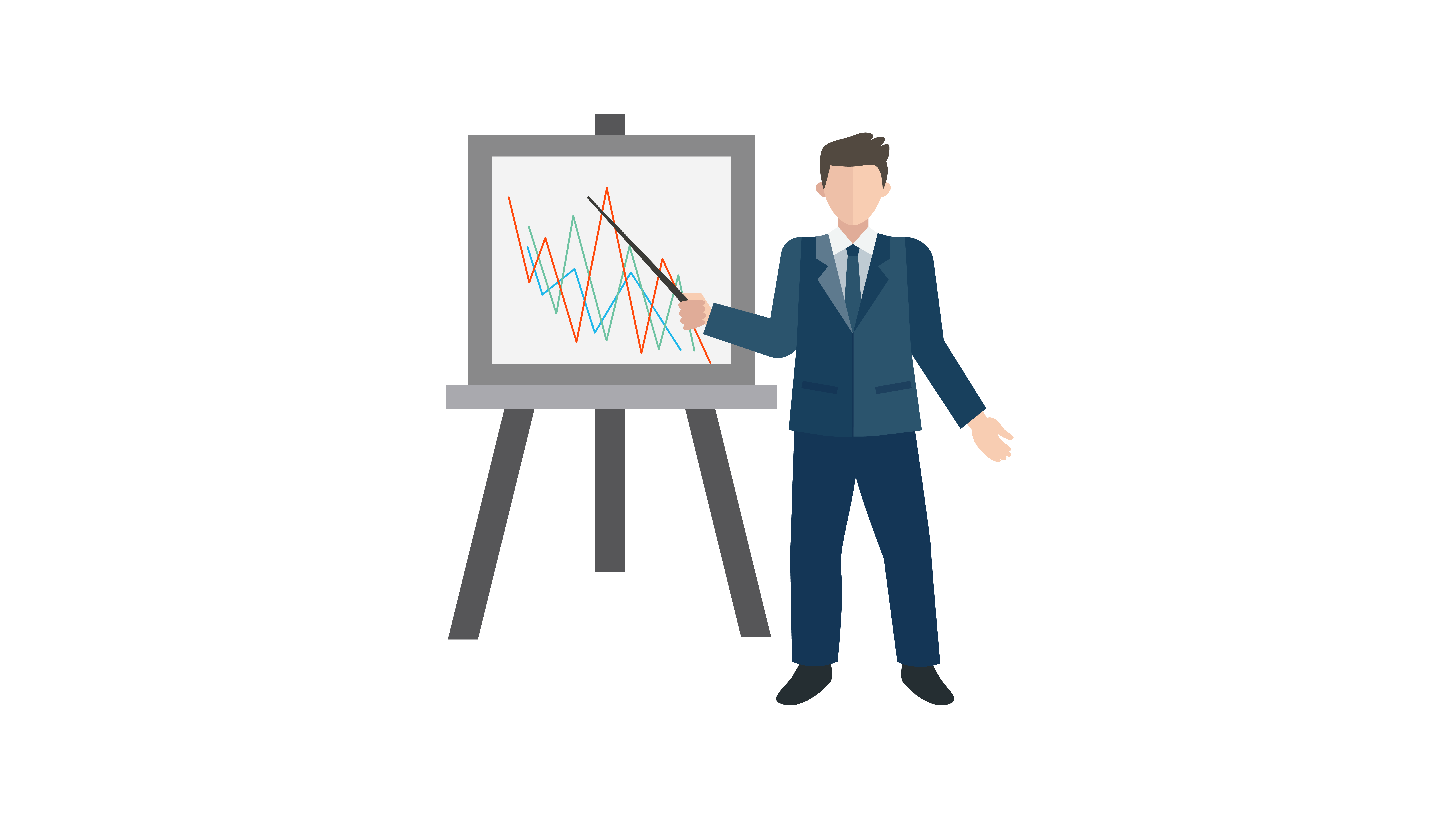All Categories
Featured
Customer data platforms (CDPs) are a vital device for modern companies that want to gather, store, and manage all customer data in a single data center. They provide a better and more complete picture of customers' needs they can use to target marketing and personalize the customer experience. CDPs provide a variety of options, including data governance such as data quality and data formatting, as well as data segmentation, and compliance for ensuring that customer's information is stored, collected and utilized in a safe and well-organized manner. CDPs are a great way for companies to collect and store customer data in a CDP helps companies interact with customers and place it at the core of their marketing efforts. It also makes it possible to draw data from different APIs. This article will examine the different aspects of CDPs and how they can aid businesses.
customer data platform
Understanding the concept of CDPs. A Customer data platform (CDP) is a software that lets companies gather, store and manage customer data from a central data center. This will give you a more complete and more complete view of your customer . It also lets you target marketing and personalize customer experiences.
-
Data Governance Data Governance: One of the primary advantages of the CDP is its capacity to categorize, protect, and monitor information being integrated. This involves profiling, division and cleaning of data that is incoming. This ensures that the enterprise remains compliant with data regulations and policies.
-
Data Quality: Another important element of CDPs is to ensure that the data collected is of high quality. This means that data must be entered correctly and meet the required quality standards. This reduces the need for storage, transformation and cleaning.
-
Data formatting: A CDP can also be used to make sure that data adheres to a specific format. This allows data types like dates to be identified across customer data and ensures the same and consistent data entry. cdp analytics
-
Data Segmentation: The CDP allows you to segment customer data in order to better understand customers from different groups. This allows testing different groups against each other and obtaining the appropriate sample and distribution.
-
Compliance CDP: A CDP lets organizations handle the information of customers in a legal manner. It permits the definition of secure policies, classification of information based on those policies, and even the detection of policy infractions when making marketing decisions.
-
Platform Selection: There is a wide range of CDPs, so it is crucial to fully understand your requirements before selecting the one that is best for you. This involves considering aspects like data privacy and the ability to pull data from other APIs. what is customer data platform
-
Put the customer at the Center This is why a CDP permits the integration of raw, real-time customer information, giving the immediacy, accuracy and unified approach that every marketing team needs to streamline their operations and get their customers involved.
-
Chat, Billing and More Chat, billing and more CDP allows you to find the context for great discussions, regardless of whether you are looking at billing or previous chats.
-
CMOs and CMOs and Big Data: According to the CMO Council 61% of CMOs believe they are under-leveraging big data. The 360-degree view of customers that is provided by CDP CDP is an excellent way to overcome this problem and improve customer service and marketing.
With so numerous various kinds of marketing technology out there every one generally with its own three-letter acronym you may question where CDPs come from. Despite the fact that CDPs are amongst today's most popular marketing tools, they're not an entirely new idea. Rather, they're the most current step in the evolution of how online marketers handle customer data and client relationships (Customer Data Platform Cdp).

For a lot of marketers, the single biggest worth of a CDP is its ability to section audiences. With the abilities of a CDP, marketers can see how a single consumer connects with their company's various brand names, and recognize opportunities for increased customization and cross-selling. Naturally, there's much more to a CDP than division.
Beyond audience division, there are three huge factors why your company might want a CDP: suppression, customization, and insights. One of the most intriguing things marketers can do with data is determine clients to not target. This is called suppression, and it becomes part of delivering really personalized client journeys (What is Cdp in Marketing). When a client's merged profile in your CDP includes their marketing and purchase data, you can reduce ads to consumers who've already made a purchase.

With a view of every consumer's marketing interactions connected to ecommerce data, site check outs, and more, everybody across marketing, sales, service, and all your other groups has the possibility to understand more about each customer and deliver more tailored, pertinent engagement. CDPs can assist marketers resolve the source of much of their greatest everyday marketing problems (Customer Data Support Platform).
When your information is detached, it's more hard to understand your customers and develop meaningful connections with them. As the number of data sources utilized by marketers continues to increase, it's more important than ever to have a CDP as a single source of fact to bring it all together.
An engagement CDP utilizes customer data to power real-time customization and engagement for customers on digital platforms, such as websites and mobile apps. Insights CDPs and engagement CDPs make up the majority of the CDP market today. Really couple of CDPs consist of both of these functions equally. To choose a CDP, your business's stakeholders should consider whether an insights CDP or an engagement CDP would be best for your requirements, and research study the couple of CDP choices that include both. Cdp Data Platform.
Redpoint GlobalLatest Posts
The Role of CDPs in Creating Personalized Customer Experiences
CDPs and the Role of Data Governance in Compliance
CDPs: The Key to Leveraging Big Data for CMOs.